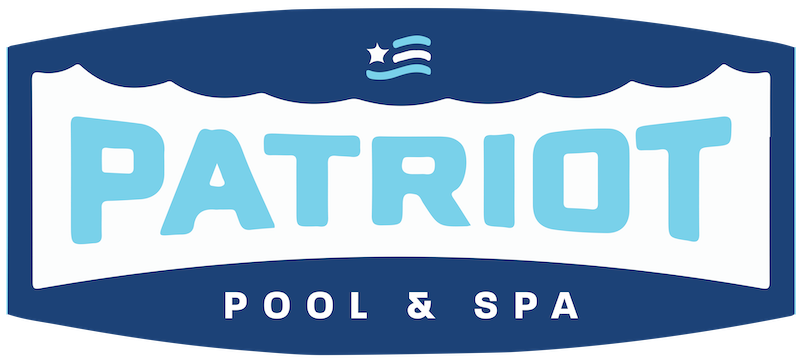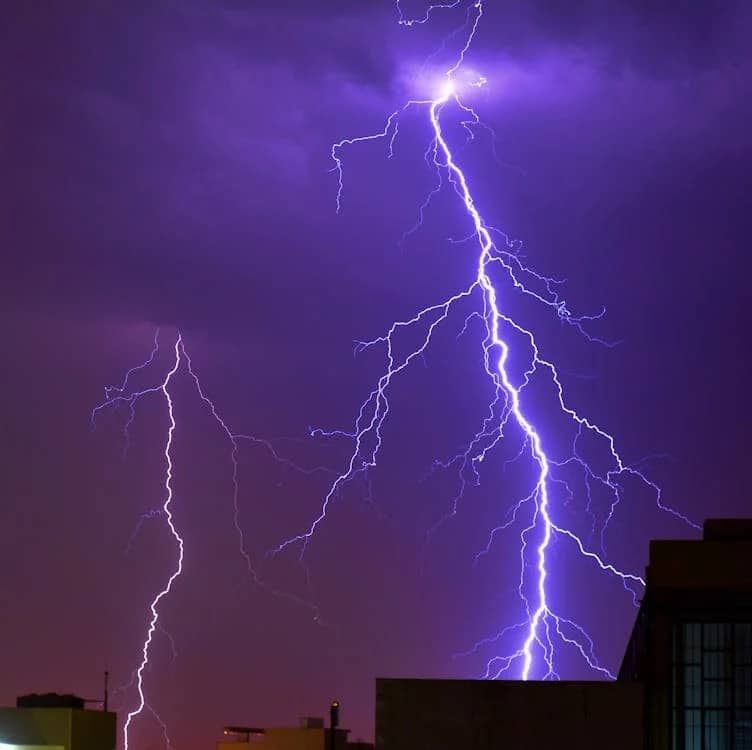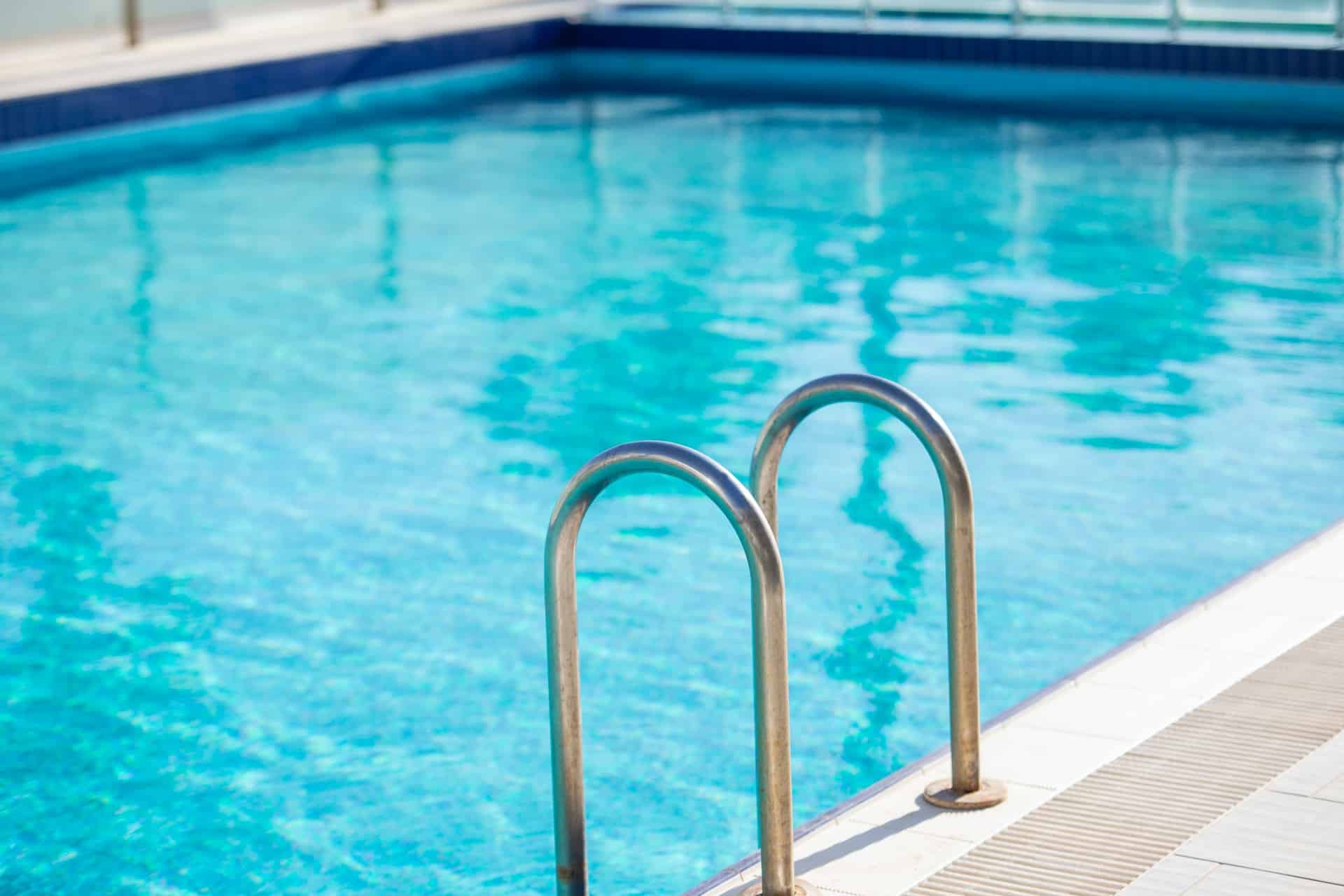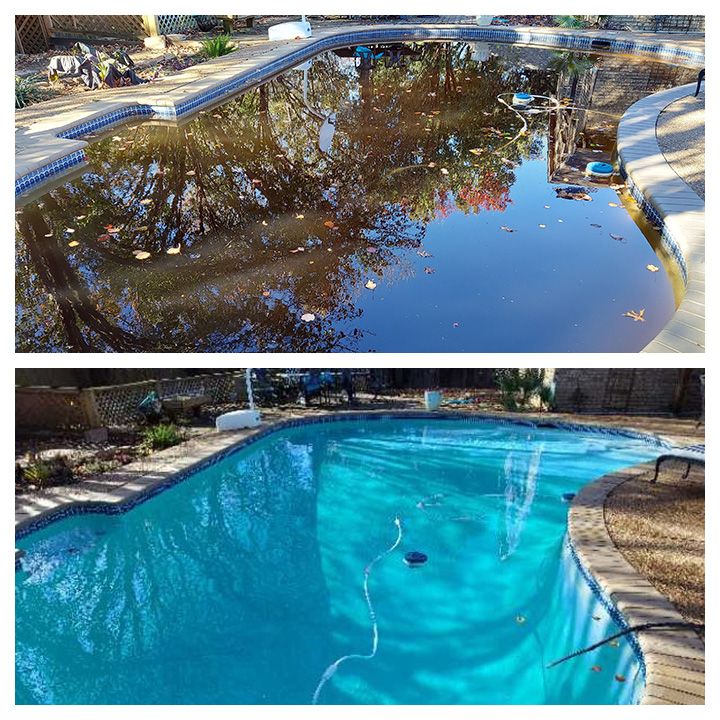Serving Florida & Texas Since 1987
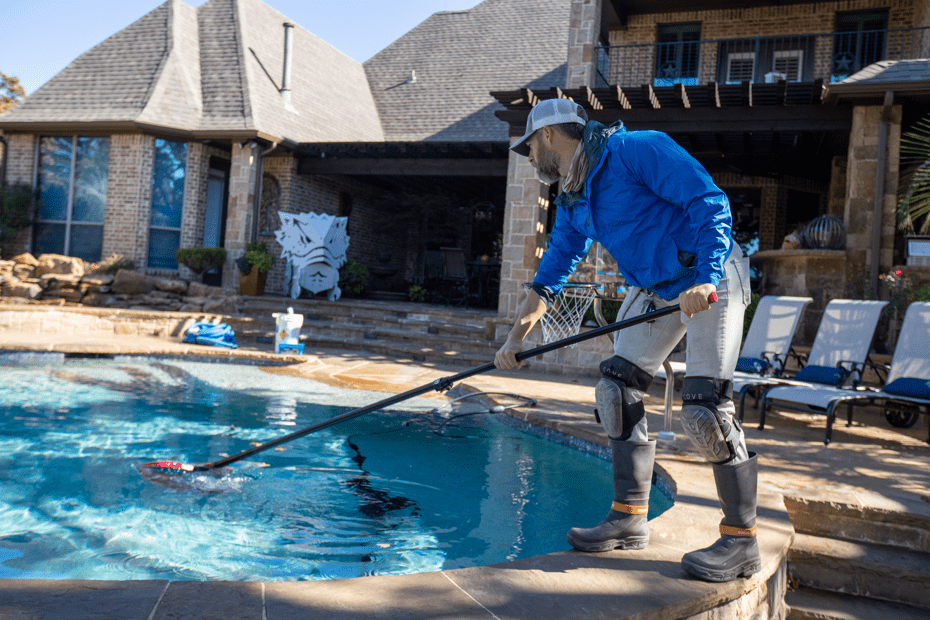
How to Maintain Your Texas Pool: A Breakdown
Swimming pools are a relaxing and fun addition to any home, but they also require regular attention. As a new pool owner, you may just now have started to realize the amount of care that your pool demands – without weekly maintenance, your crystal clear oasis can quickly turn into a green swampy mess.
Pool ownership is a big responsibility, but it doesn’t have to be hard or time consuming! In this article, we will break down the fundamental elements of pool maintenance so that you have all the tools you need to keep your pool clean and safe.
The Three C’s of Pool Maintenance
Any pool technician worth their saltwater can tell you that maintenance boils down to three core elements: Circulation, Cleaning, and Chemistry.
Circulation
Circulation refers to how water moves through your pool system. Your pool’s circulatory system is the most important part of pool care and includes the following parts:
- Skimmer: Water comes from the pool and into the skimmer. The skimmer basket catches floating debris, such as leaves and bugs, so that they don’t clog the pump.
- Pool pump: Water comes from the skimmer and into the pool pump. Pool pumps act as the “heart” of the pool, pulling water through the whole system so that it can be filtered.
- Pool filter: Water comes from the pool pump and through the filter. The filter catches dirt particles and other contaminants so that they don’t flow back into the pool.
- Jets: Water comes from the filter and is pushed back into the pool through the jets. Pool jets also help water circulate when they are properly positioned downward, away from the skimmer, and angled towards “dead spots” like the bottom of the pool, corners, steps, and ladders.
The longer your water can circulate, the cleaner it will be. In warm climates like in Texas, we recommend running your pool pump for at least 8-12 hours a day.
If you own a variable speed pool pump, you can run your pool pump for even longer than 8-12 hours a day. Variable speed pumps are more efficient than single speed pumps because they can run at a lower RPM. A slower speed means that it will take longer for all the water to circulate through the filter, but it will be able to keep the water moving for a longer period of time without costing you a fortune in energy costs.
Cleaning
Water circulation helps catch floating debris, but you still need to do your part to keep the pool clean. All pool owners should have the following cleaning equipment:
- Leaf Skimmer Net: You will need a skimmer net attached to a telescopic pole to scoop leaves and other debris floating on the water’s surface. Skimming the water daily will prevent floating debris from sinking to the bottom and staining the pool floor.
- Pool Brush: You should also get a pool brush that attaches to your telescopic pole. Brushing pool walls, steps, and crevices daily will fight against scale buildup and algae growth on your pool surfaces.
- Pool Vacuum: Manually vacuuming the bottom of your pool weekly will remove any debris that has sunk to the pool floor. Alternatively, you can get an automatic vacuum or robot cleaner to do this job for you.
Keeping the pool clean will help avoid many common pool problems that can arise. Even if you can’t commit to skimming and brushing your pool every day, a few times a week is much better than nothing.
Chemistry
The final element is pool chemistry. Pool chemicals are an essential part of water sanitization; you will need to test the water and make chemical adjustments 1-2 times a week in order to keep your pool clean and safe for swimmers. Here are the levels you should test on a regular basis:
- pH: Water pH tells you how acidic or basic it is. The pH scale ranges from 0-14, with 7 being neutral. A pH below 7 is acidic and above 7 is basic (alkaline). In order to keep water in the ideal range (7.2–7.6), you’ll either need to add a pH decreaser (an acid) or a pH increaser (a base).
- Total Alkalinity: Total water alkalinity measures the amount of alkaline substances found in your water. We measure total alkalinity because it helps water maintain its current pH level. pH changes very easily, so maintaining a total alkalinity of 80-150 ppm keeps the pH from swinging between acidic and basic whenever anything new enters the water.
- Chlorine: Chlorine is a water sanitizer that kills bacteria, viruses, and algae that get into your pool. Your pool water should measure 1-3 ppm of free chlorine. This is the case for saltwater pools as well – the only difference is that the chlorine is created from the salt instead of being added to the water directly.
- Calcium Hardness: Calcium hardness measures the amount of calcium ions in the water. “Hard” water is high in calcium, and “soft” water is low in calcium. Maintaining a calcium hardness of 200-400 ppm is important because water that is too hard will precipitate to create scale buildup, and water that is too hard will corrode your pool surfaces and equipment.
| Measurement | Ideal Range | Test Frequency |
| pH | 7.2–7.6 | Weekly |
| Alkalinity | 80–150 ppm | Weekly |
| Chlorine | 1-3 ppm | Weekly |
| Calcium Hardness | 200–400 ppm | Monthly |
Pool Shock
Pool shock is a quick-releasing chemical treatment that sanitizes your pool water. Pool shock should be used weekly to supplement the work that regular chlorine does to keep the water safe. If you have issues with algae blooms, chloramines, or cloudy water, pool shock can be used to restore the chemical balance of your pool.
Pool Maintenance Checklist
Daily
- Skim leaves and debris from the water’s surface
- Brush pool walls, steps, and crevices
- Check the water level and adjust as needed
- Run the pool pump for 8-12 hours a day
Weekly
- Vacuum the bottom of the pool
- Turn off the pool pump and clean the skimmer basket (1-2 times per week)
- Test water chemistry (1-2 times per week)
- pH levels
- Alkalinity levels
- Chlorine levels
- Shock the pool (every 1-2 weeks)
- Apply algaecide (every 1-2 weeks)
- Clear the deck of leaves or other debris that could get into the water
- Check the pressure gauge on the pool filter. If it is 10 psi above its baseline level, clean or backwash the filter.
Monthly
- Get pool water professionally tested
- Clean out the pool pump basket
- Inspect pool surfaces for damage or staining
- Inspect pool equipment for damage
Seasonal Maintenance Tips
Annual Pool Equipment Inspections
Getting your pool equipment inspected by a professional technician every spring will ensure that you don’t experience any unexpected breakdowns in the summer. This gives us a chance to make small repairs that will improve the performance of your pool system and keep all your equipment in good shape year after year.
Winter Pool Maintenance
Preparing your swimming pool for the off-season requires its own maintenance routine. When it’s time to close your pool for winter, her are the steps you need to take:
- Stow away pool accessories
- Deep clean the pool and filter
- Balance the water chemistry
- alkalinity
- pH
- chlorine
- calcium hardness
- Add pool shock and algaecide, then run the pool pump
- Turn off and drain pool equipment
- Lower the water level to be below the skimmer
- Keep the pool covered
Let Patriot Pool & Spa Handle Your Texas Pool Maintenance Needs
Keeping a clean and healthy pool is a constant balancing act that demands close attention and consistency. If you find yourself struggling to keep up with your pool care to-do list, the good news is that a pool company like Patriot Pool & Spa can easily take on the responsibility.
Our team of friendly pool technicians are background-checked, certified, and always show up. We’ve been named the #1 Customer Service Company in Texas by Pool & Spa News, meeting the highest standards of service in the industry.
Our all-inclusive pool services package is designed to make pool ownership easy. Let us take care of your equipment, water chemistry, and cleaning duties so that you can spend more time enjoying your pool while saving money in the long run.
